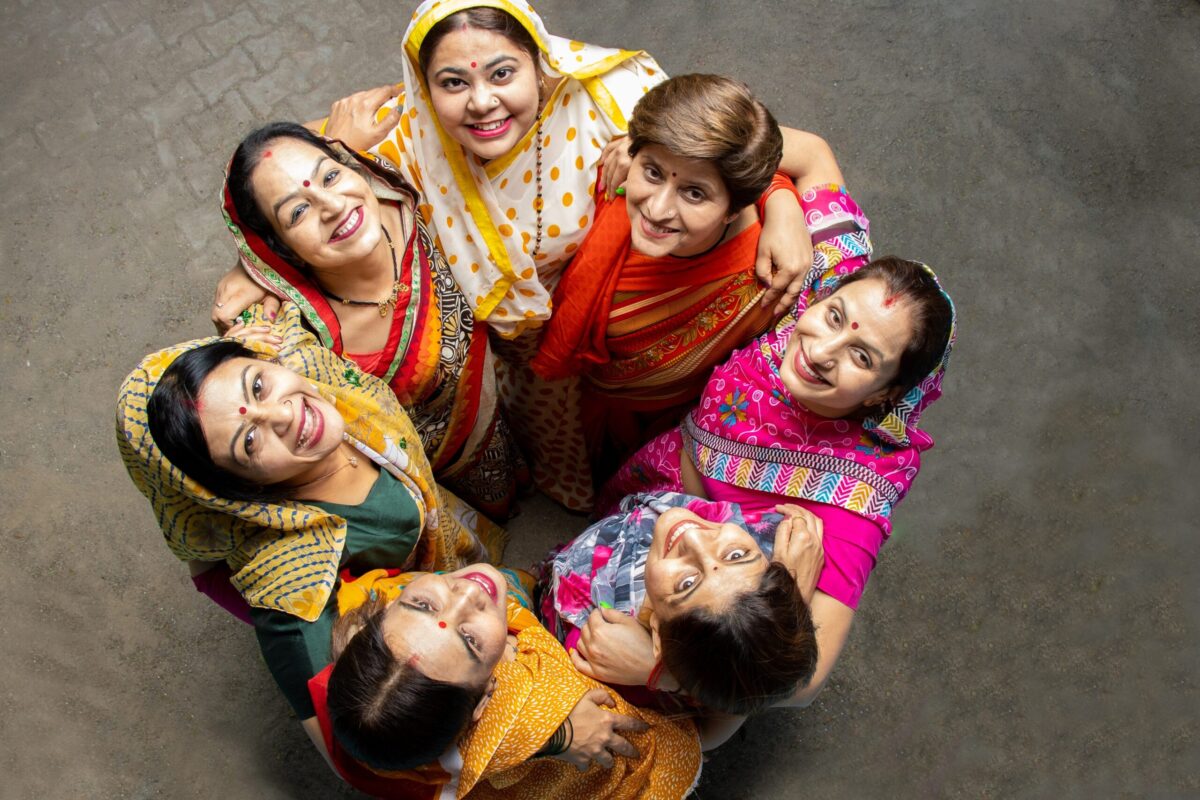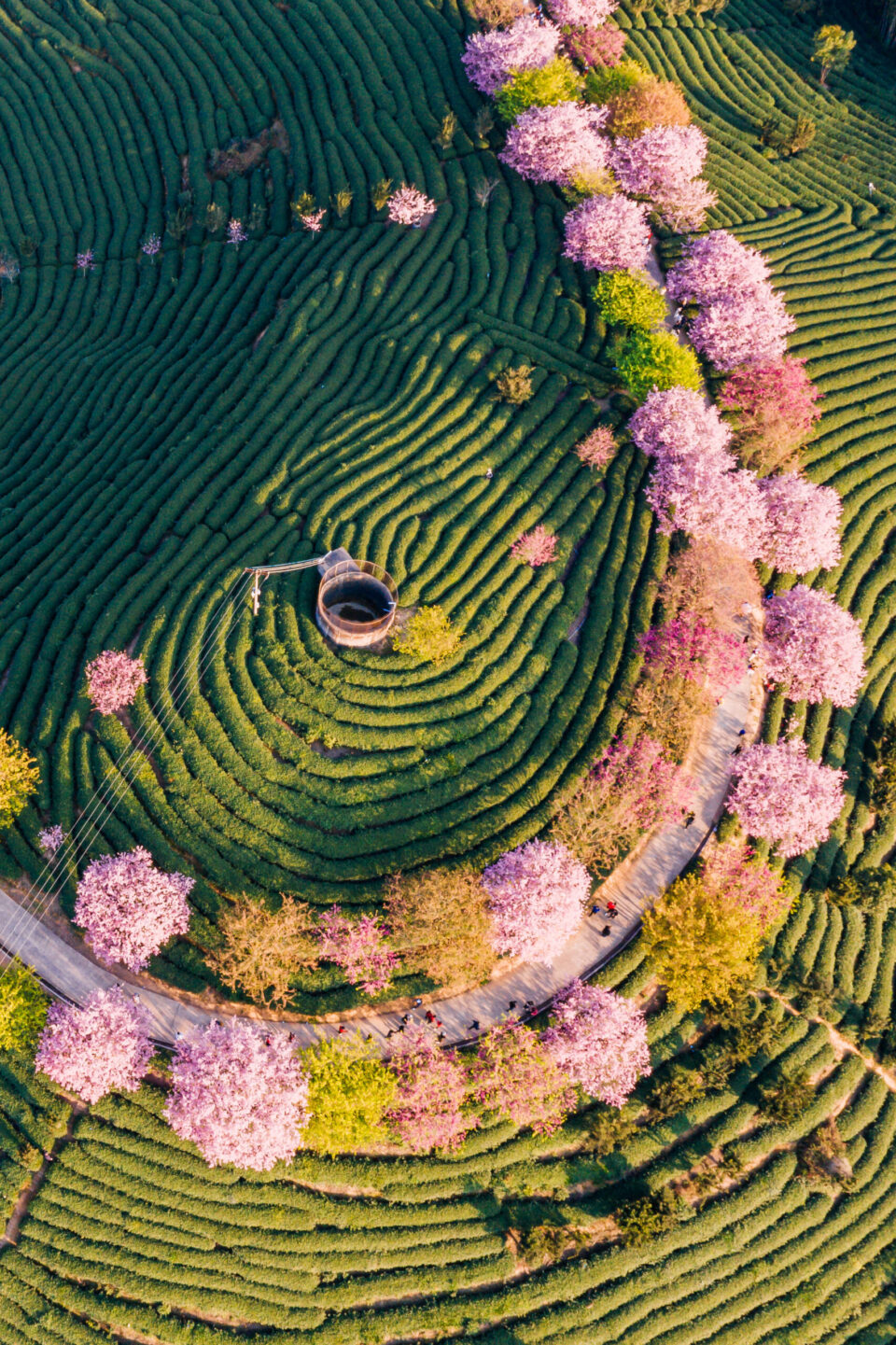If the room is stuffy, open the window—even if a fly comes in, it’s still better than suffocating
 When China was transitioning from the Mao era to the present era, the legendary statements were those of Deng Xiaoping, the leader of the Communist Party of China, who responded to ‘serious’ questions from Western journalists with Chinese old sayings. It’s time to return to the legacy of comrade Deng.
When China was transitioning from the Mao era to the present era, the legendary statements were those of Deng Xiaoping, the leader of the Communist Party of China, who responded to ‘serious’ questions from Western journalists with Chinese old sayings. It’s time to return to the legacy of comrade Deng.
The ancient Chinese saying goes…
When journalists once asked Comrade Deng how private, state, societal, shareholder, and other entities fit into “socialism with Chinese characteristics,” Deng calmly replied, “Let a thousand flowers bloom.” On another occasion, when asked if the transition would bring about some negative aspects, he responded, “If the room is stuffy, open the window—even if a fly comes in, it’s still better than suffocating.”
This is precisely why the whole world should focus on Chinese wisdom. Whether expressed by Confucius or the leader of the Communist Party of China, it’s what has made China one of the leading countries in the world over the past 40+ years (and in many areas, the leading one). It’s not just about flexibility and a pursuit of high-tech innovations, but also about the readiness to “let a thousand flowers bloom,” as long as weeds don’t sprout.
And here we come to the fundamental premise that the Western world has lost, once prided upon: the flourishing of a thousand flowers is, in fact, the acceptance of diversity. In today’s world, which is “monolithic” and poses as a “moral giant,” this is considered some sort of “heresy”—if you don’t think like us (whatever we say, no matter how much it changes abruptly in just 5 or 10 years), you’ll be “canceled” and “deplatformed,” and we’ll prevent you from “spreading hate,” while we claim to be “offended.” Cohorts of people have emerged who are just seeking reasons to be offended by someone else’s different opinion or mere existence.
Are Friends Electric?
In that sense, it wouldn’t be bad to understand that the whole world is not monolithic, and people don’t hold monolithic views, not even in Orwell’s “1984.” There will always be someone, or some, who doesn’t think like you. And so, the little anxieties and calls for “universal electrification” of cars by 2030 are somewhat amusing, as we know, firstly, it’s impossible: there are people who don’t have enough electricity even for “ordinary” needs, let alone for EVs (in the so-called Global South); there are people who live in areas where logistically having EVs is not feasible, such as the vast expanses of Australia, Canada, etc. There’s already an established alcohol engine system in Brazil, for example, that no one mentions. There are countries with so much oil and gas that it simply doesn’t pay off for them. New hydrogen engines are being developed. And yet, there are hybrids too. Thus, they become both the best-selling, and EVs will indeed be the future of the world, but in combination with many other “flowers in the garden,” we should focus on other ways of reducing emissions and combating global warming—such as building infrastructure for high-speed trains, trams in cities, and the like. For instance, precisely in the US, this part is progressing the slowest.
The World Powers of the Future and Their Damned Fate
The IMF has provided some calculations according to which the EU will have very weak growth, only 0.8% (the Eurozone, to be more precise), while the US will stand at a robust 2.7%, Russia at 3.2%, and the famously “slowing China” (this has been talked about for 10 years already) at 4.6%, which is a dream for most Western countries. The biggest winner in the whole story is – India with 6.8%. If China has been the fastest-growing power in the world over the past 20 years, in the next 20 it will be India. If China branded itself as the “World’s Factory,” India brands itself as the “Friend of the World” – simply put, it has good relations with the West, which, as part of its famous “containment of China,” is shifting production to India, has good relations with Russia and China, with which it is also in BRICS, and promotes the old idea of “Indian peacefulness” as the mantra of a benevolent force. And the return of these two ancient civilizations to the forefront of global development represents an act of “poetic justice.”
If China branded itself as the ‘Factory of the World’ India brands itself as the ‘Friend of the World’
Two factors are at play: as once in China, now in India, there is plenty of room for progress: under government programs, clean drinking water is being introduced throughout the country, and soon new tasks for implementation will follow, which will put India in a better position every year. This doesn’t mean that the US will worry about anything – they won’t, and growth there will be quite good, and the US will always be an economic superpower, probably the largest, and competitively capable – their biggest problem lies in ideological divisions that India and especially China don’t have, hence the film “Civil War,” which was impossible to even think of just 10 years ago. Also, India is accustomed to the “growth of a thousand flowers” – despite Partition, it has been the “prey” of numerous powers for centuries, and it has endured, absorbed influences, and transformed into a multinational, multi-confessional, and above all, young (in terms of its population’s age) state.
 It’s not that we want to, but we have to
It’s not that we want to, but we have to
Other developed countries around the world must seriously consider what their societies will soon look like – with declining birth rates and high living standards, they will have to make compromises. They will either motivate their citizens to have more children, or they will have to accept and assimilate foreigners into their culture and society. In Europe, this is proving difficult – the rise of the right wing even in the Netherlands, traditionally a tolerant country where Sephardic Jews from Portugal hid and where the first immigrants from overseas countries arrived as early as the beginning of the New World, shows that this is a “delicate matter.” It’s not as simple as accepting Ukrainians into Poland or Russians into Serbia.
In the US, although it is, like all former colonies, ultimately an immigrant country, it also has problems. Russia is also a former empire, accustomed to diverse peoples, and during the time of the USSR, this became the norm – the country itself has all kinds of cultures and multiple races, and with every emigration, there is also immigration – news in Uzbekistan reported that in 2023 alone, there were over 500,000 emigrants from Uzbekistan to Russia. Gulf countries have long embraced the “80% foreigners and we don’t mind, because we want progress” method. They understood the “thousand flowers.”
But where is the problem? Countries in the Far East will have to accept this same reality, although they have lived in their fairly self-sufficient cultures for centuries. China is ultimately a “melting pot,” but all the people here are indigenous. And soon millions of foreigners will be needed in China, as well as in other “Asian tigers” – transitioning from centuries of isolationism to becoming the “Dubai of the East” will not be easy at all. India will not have these problems, nor will Africa, which will take over as the most dynamic region in the world after India. China and its neighbors will eventually have to apply their motto of “a thousand flowers” to a region they may not have expected.
“Do not line up the squirrels!”
There’s an episode of The Simpsons where Marge Simpson gets lost in the woods and, in a bout of her obsessive-compulsive disorder of “tidying up” things around her, starts “arranging squirrels” by lining them up in a row on a branch to be “in line.” It was funny for kids, but for those who want to draw a point, even as an adult – squirrels don’t line up. They are beings that have their own will, not yours. The world will be diverse, with many forms of social organization, habits, production systems, and cultures. BRICS+, with its motto of “don’t touch me, I won’t touch you, we’re members together and we push forward” (unspoken) is one of the good examples where the incompatible merges into the future world where a thousand flowers bloom. It’s impossible in a world where cultures have arisen on entirely different foundations (conquistadors discovered that American civilizations knew all about astronomy but hadn’t thought to invent the wheel) to create a uniform system and “cancel” others or force them to behave like you. When Westerners say there’s “not enough democracy” in China, the Chinese respond: there isn’t, because it’s a Greek concept, as its name implies. But on the other hand, there’s not enough wenmin in the West – social harmony where all members of society strive to progress individually and collectively without excessive emphasis and without hurting others.
The ideal future won’t be one where Marge “arranges squirrels” in the forest, but more like a cantina on Mos Eisley
Therefore, we don’t expect the West to “step down from the throne” and be “defeated” – K-Pop and Chinese bands even look similar to those in the West. Not all of Asia will start dressing in traditional attire again or reject Western innovations – skyscrapers, and shopping centers. In the ideal case, it will be a society where locals dress and behave according to their beliefs, and you with yours… And the West won’t “win” either – because there’s no one to win against. The ideal future won’t be one where Marge “arranges squirrels” in the forest, but more like a cantina on Mos Eisley from Star Wars – many forms of life and aesthetics, cultures and economies, worldviews without “policing.” And for this – everyone will have to make quite an effort.